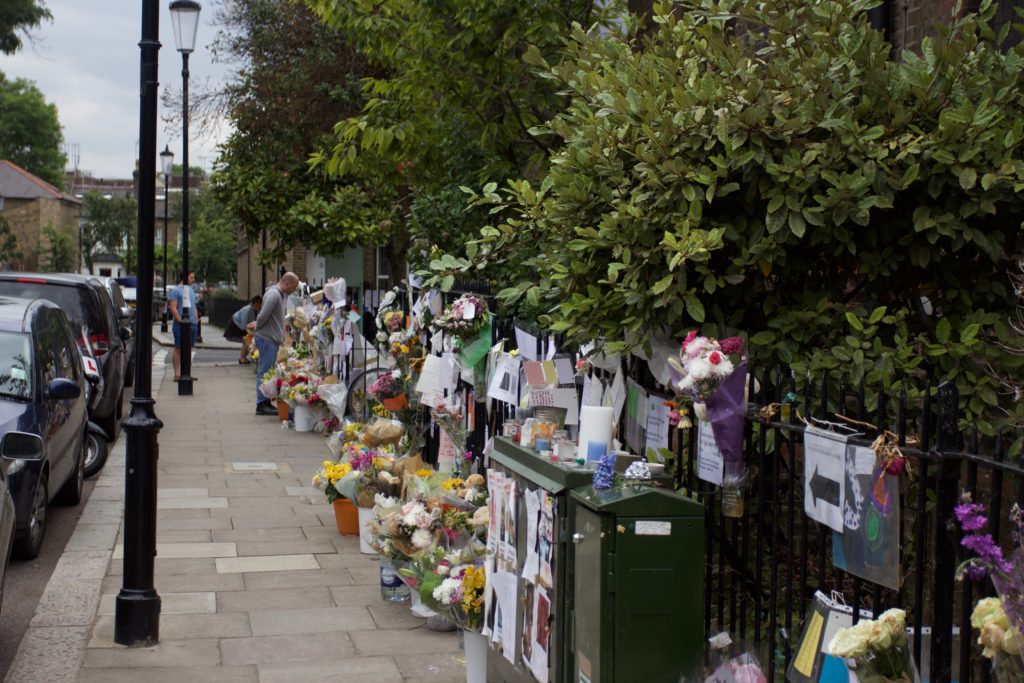Much of the coverage of the Grenfell Tower Inquiry has rightly focused on the London Fire Brigade’s (LFB) operational response to that tragic event. But it is also important to recognise the work done since Grenfell to deal with the impact of the fire on the LFB itself, along with the lessons it has learned and operational changes that have been made as a result.
Many of the modifications that have taken place since last year are policy-led, such as adaptations to fire survival guidance issued by control room staff speaking to people in emergency situations. These new processes are currently being trialled, with a strong emphasis on workforce training.
Perhaps of greatest interest to the public has been the question of the “stay put” advice. That advice is still correct in the overwhelming majority of scenarios, but where there are buildings that continue to have unsuitable cladding, there is scope within operational plans to change this guidance where required on a temporary basis until that form of cladding – aluminium composite material or ACM – is removed.
However, there remains the central challenge of most buildings being single-staircase and the operational difficulties that creates in terms of firefighter access coinciding with resident evacuations – in other words, the need for firefighters to get in to a building at the same time as those inside it are trying to get out.
Institutional knowledge of both the locations of cladded buildings and an improved understanding of different types of cladding mean that building-specific action plans are now in place. It is also of some reassurance that fire service response at high-rise incidents has been increased, with ten pumps in attendance and operations now being supported with the use of an aerial unit.
London has been learning the lessons of Grenfell at a wider level too, with the draft new London Plan setting out proposals for new fire safety requirements of new developments. For his part, the Mayor has committed additional funds to the LFB – in the absence of any additional help from central government – to pay for new kit, such as drones, fire hoods to aid evacuation, extended height aerial ladders and extended duration breathing apparatus.
Nevertheless, the continued impact of government funding cuts is hugely worrying. It speaks volumes that, for instance, the 30-strong Grenfell Tower investigation and review team is currently funded from dwindling reserves. As brigade commissioner Dany Cotton rightly pointed out when I expressed my concerns at the London Assembly fire and resilience plenary last week, with the Brigade facing major cost pressures, such as the need to spend £57 million over four years on its fleet, £14 million for a new training centre and £5 million on Plumstead Fire Station, “there are serious questions going forward”.
Changes are also taking place behind the scenes with improved technical infrastructure and communications procedures – both within the brigade, and with other emergency services. Longstanding IT issues are also being addressed as part of the programme to replace the current fleet of control units.
Inevitably, the Grenfell Tower disaster had a considerable impact on fire service personnel and this remains evident in raised levels of sickness and absence. This has placed an increased strain on the service as a whole, with the use of overtime becoming necessary to maintain adequate staffing levels.
Cotton’s strong personal commitment to improving mental health in the workplace – both in the context of Grenfell and more generally – is very welcome indeed. In her comments to the Assembly she spoke powerfully about the need to reduce stigma around mental health and to encourage greater discussion of issues such as depression and anxiety in the workplace. Indeed, it appears that the LFB’s corporate culture is beginning to change, thanks in part to an expansion of the in-house counselling service.
There’s still more work to be done before it can be said that the lessons of Grenfell Tower have truly been learned – and undoubtedly the inquiry will have further recommendations too – but under the leadership of Cotton and deputy mayor for fire and resilience Fiona Twycross, change and reform is underway. Pressure now must surely be brought to bear on the government to provide the funding that the London Fire Brigade – and all our public services – so urgently needs.
Andrew Dismore is the London Assembly Member for Barnet & Camden and deputy chair of the Assembly’s fire, resilience and emergency planning committee.
